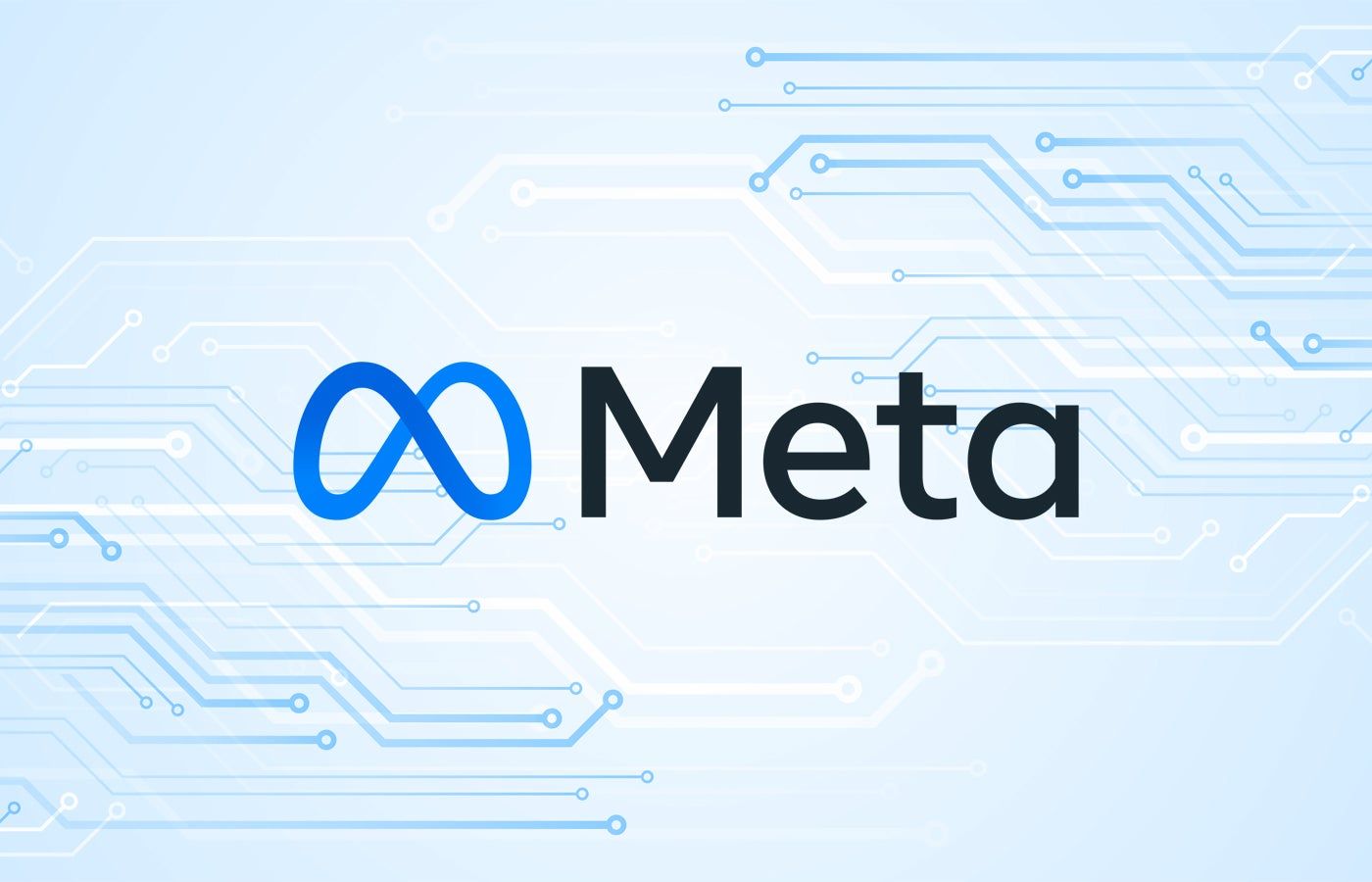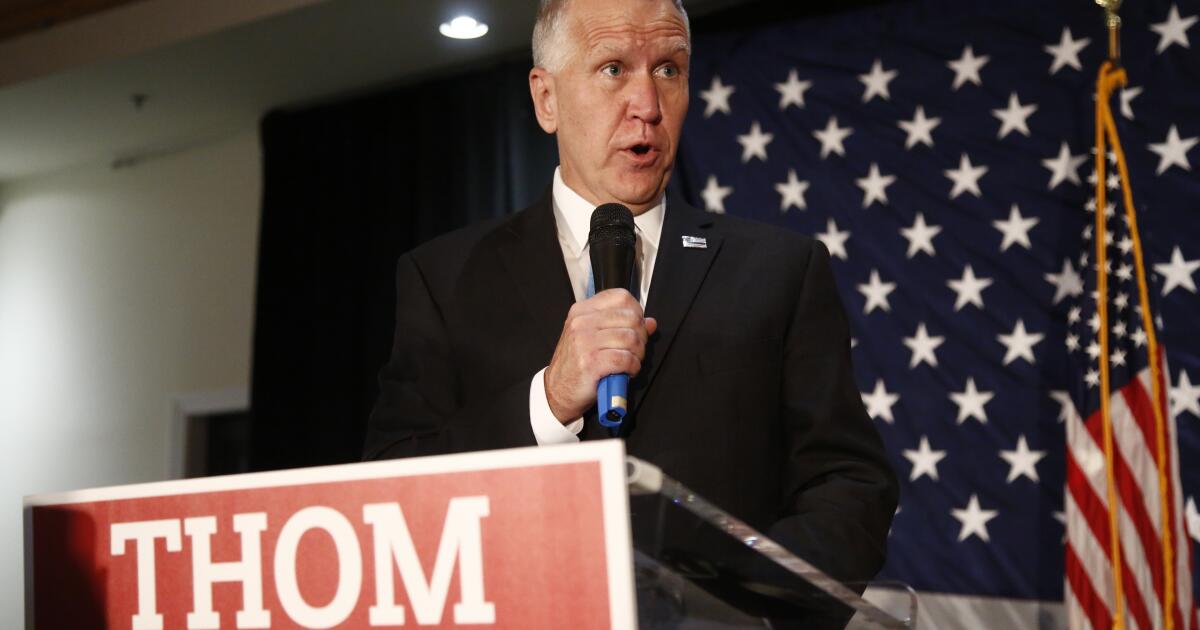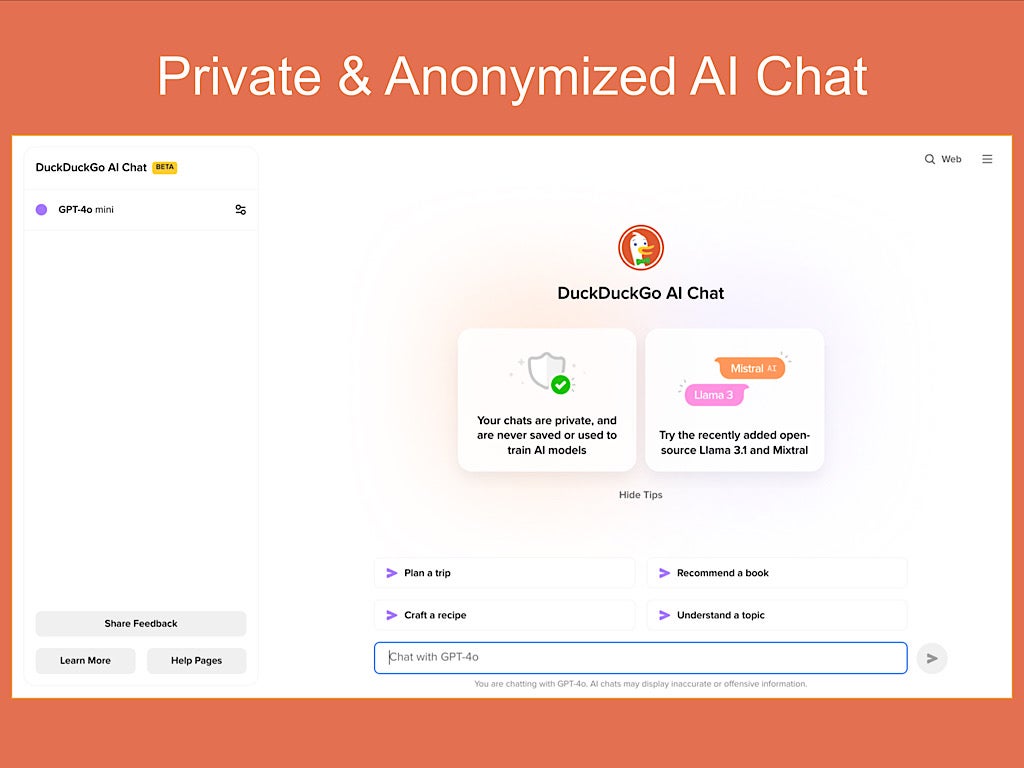A date has been set for Meta to face a €550 million lawsuit in the Spanish courts next year. The Information Media Association, which represents 90 Spanish media outlets, accuses Facebook's parent company of violating EU data protection laws.
Meta allegedly built its advertising empire by illegally collecting and using personal data from European users without their explicit consent between May 2018 and July 2023, in violation of the General Data Protection Regulation. According to Regulation (EU) 2016/679, the user must give consent before processing their personal data for advertising purposes, but Meta has ignored this.
AMI maintains that 100% of Meta's revenue from targeted advertising was made with data obtained through “systemic and massive breaches.” This gave it an illegitimate advantage when it came to selling digital advertising space, endangering smaller media outlets in Spain. The sum demanded is compensation for loss of income.
AMI maintains that Meta's dominance in the industry has impeded the fair monetization of news content by media companies. He filed the lawsuit late last year and the preliminary hearing was held on November 27, 2024. The trial sessions are scheduled for October 1 and 2, 2025.
EU wages years-long battle against Meta's data processing policies
Mark Zuckerberg's company has been involved in a series of similar fines imposed by the EU in recent years. The unions representing television and radio in Spain have also filed a lawsuit for 160 million euros for the same reason as AMI.
In January 2023, the EU Data Protection Commission, based in Ireland, imposed more than $400 million in fines after ruling that EU users had been illegally forced to accept personalized and targeted ads from both Facebook as well as Instagram.
SEE: Apple must return €13 billion in unpaid taxes to Ireland, EU court rules
Meta agreed to change its practices regarding how it processes some user data in the region in March, but this was not enough for the European Data Protection Board. In November, the board banned Meta's data processing practices for targeted advertising in the European Economic Area.
Meta agreed by introducing a subscription option that completely eliminates targeted Facebook and Instagram ads for European users, starting at €13 per month on mobile devices. The fee was intended to recoup the financial losses it would suffer if many European users did not consent to targeted advertising.
However, on July 1 of this year, the European Commission ruled that this amounted to a “pay or consent” advertising model and preliminarily violated its Digital Markets Law. The authority stated that Meta essentially “forces” users to consent to their data being used for advertising purposes and does not provide a free, less personalized equivalent service for those who do not consent.
Last month, Meta began allowing EU users to opt out of seeing less personalized ads on Facebook and Instagram to appease regulators. In its announcement, the tech giant said the EU's demands related to advertising go “beyond what the law requires,” but it is relenting anyway.
The European Commission also fined Meta almost €800 million for restricting competition by linking Facebook Marketplace, its classified advertising service, to Facebook and using non-public advertising data from its competitors.
Why does Meta agree to these regulations?
In recent years, the EU has worked hard to protect citizens' digital autonomy and hold big tech companies accountable for their data collection and privacy practices. Meta has spent a lot of time in the spotlight, as Facebook and Instagram rely heavily on collecting user data to perform behavioral analysis and target advertising campaigns on a granular basis.
Much of the revenue on these platforms comes directly from the clicks and engagement generated by targeted ads. Therefore, losing a segment of user data as large as the population of the 27-nation EU bloc could mean big problems for its continued growth, which is why Meta has a financial interest in giving in to the EU's demands. In the third quarter of this year, 23.5% of its advertising revenue was generated by European users.
SEE: Google abuses its dominant position in the ad technology sector, says the UK government
Meta has not given in to all the challenges related to its alleged anti-competitive practices
Elsewhere, Meta has retaliated against regulations that could restrict its power over the media industry. In 2021, it temporarily blocked Australian news media content from being shared on Facebook after the country's government voted in favor of digital platforms to compensate news publishers for their content.
The tech giant has also suggested that the ban could return if the law is enforced. In fact, Meta enforced the ban in Canada last year after a similar law was enforced.
However, not all attempts to curb their alleged anti-competitive practices have been responded to with such aggression. In August, the UK Competition and Markets Authority approved Meta's revised approach to handling advertising client data, introduced in response to an investigation into whether it had been using the data to unfairly benefit its own services.












